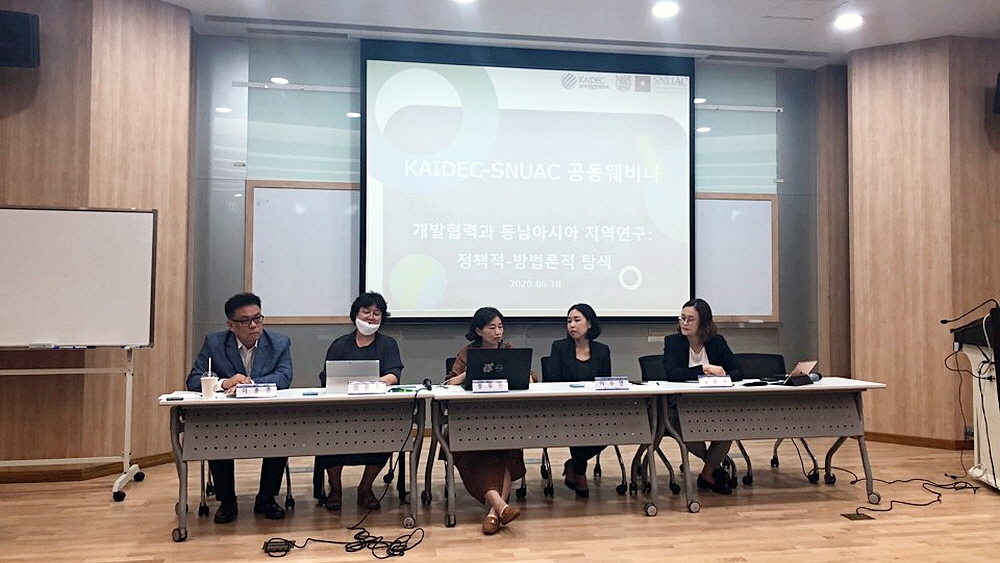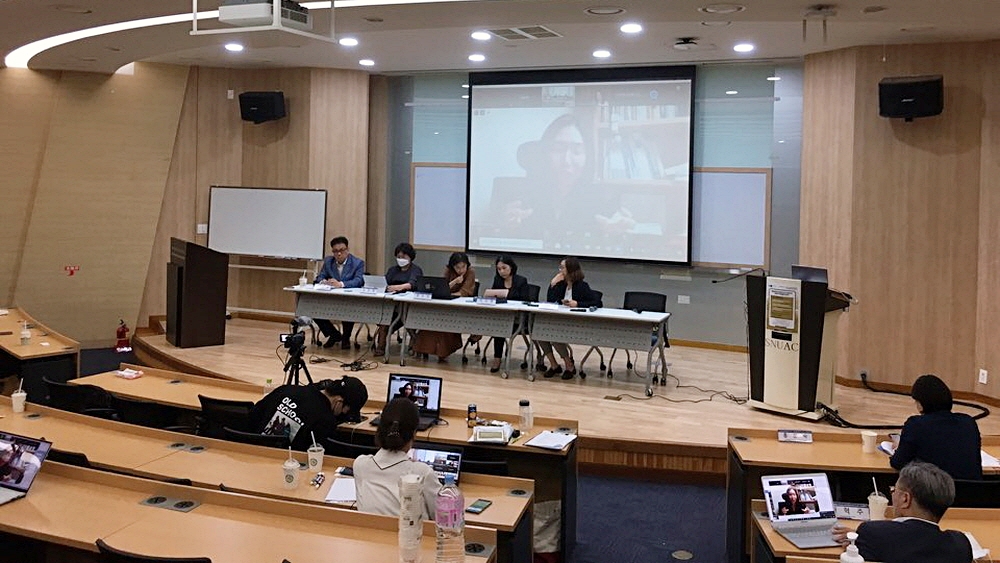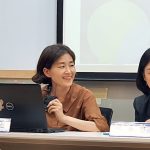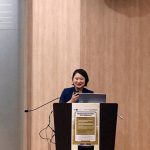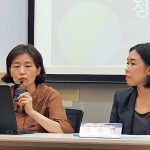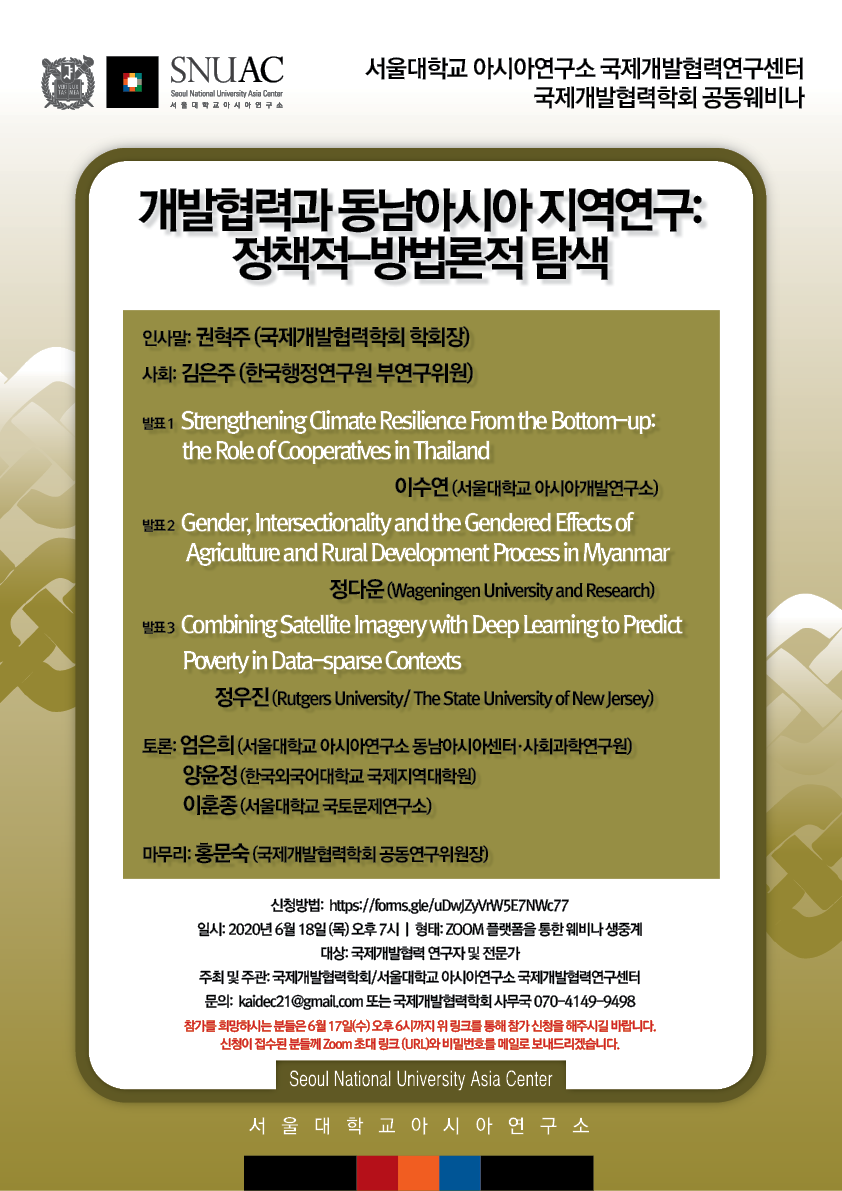
Policy and Methodological Explorations in International Development Studies: Recent Case Studies in Southeast Asia
- Date: June 18th, Thursday, 2020 19:00-21:00
※ Real-time webinar on Zoom (register via link)
Korea Association of International Development and Cooperation–SNUAC International Development Cooperation Research Center Joint Webinar
- Format: Real-time webinar via ZOOM
- Target: Researchers and experts on international development cooperation
- Registration: https://forms.gle/uDwJZyVrW5E7NWc77
If you would like to participate, please register through the above link by June 17th (Wed) 18:00. URL and password for ZOOM will be sent to those successfully registered via emails. - Inquiry: kaidec21@gmail.com / 070-4149-9498
SNUAC International Development Cooperation Research Center and Korea Association of International Development and Cooperation jointly held a webinar on ‘Policy and Methodological Explorations in International Development Studies’ to introduce new academic research on international development and cooperation in Southeast Asia.
Starting with Prof. Huck-ju Kwon (SNU Graduate School of Public Administration)’s greeting remark emphasizing the importance of Southeast Asian area studies, Dr. Suyeon Lee (SNU Asia Development Institute) summarized a new approach in climate adaptation policy and its implications through a case study of Thailand in the presentation ‘Strengthening Climate Resilience From the Bottom-up: the Role of Cooperatives in Thailand’. Dr. Daun Cheong (Wageningen University and Research) presented ‘Gender, Intersectionality and the Gendered Effects of Agriculture and Rural Development Process in Myanmar’, which considered the local community and agricultural policy from a gender-oriented perspective. Dr. Woojin Jung (Rutgers University) explored a new methodological possibility in international development research through the presentation ‘Combining Satellite Imagery with Deep Learning to Predict Poverty in Data-sparse Contexts’.
On Dr. Lee’s presentation, Dr. Eunhui Eom (SNUAC Southeast Asia Center) mentioned the structure and limitations of Thailand’s organic cooperative unions and suggested to reconsider the expression ‘Bottom-up’. On Dr. Cheong’s presentation, Dr. Yunjeong Yang (Graduate School of International and Area Studies, Hankuk University of Foreign Studies) empathized on the limits of language and finding a research assistant when using the qualitative method in regional research, and asked whether there is a route to deliver the research results to the Burmese government or bureaucrats considering the implications of the research. Lastly, Dr. Hoonchong Yi (SNU Institute for Korean Regional Studies) noted that Dr. Jung’s methodological approach could deal with the core of development cooperation research on how to measure poverty in the future. Other than this, real-time questions from streamers via Zoom were constantly shared. To conclude the event, Dr. Moon Suk Hong (SNU Graduate School of International Studies) assessed that this event was an in-depth academic exchange on trends that are actively discussed today, and called for active participation in the summer conference of KAIDEC, to be held soon.
Program
Greeting remarks
Huck-ju Kwon (President, Korea Association of International Development and Cooperation)
Moderator
Eunjoo Kim (Associate Research Fellow, Korea Institute of Public Administration)
Presentations
[Presentation 1] ‘Strengthening Climate Resilience From the Bottom-up: the Role of Cooperatives in Thailand’
Suyeon Lee (SNU Asia Development Institute)
Daun Cheong (Wageningen University and Research) [Presentation 3] ‘Combining Satellite Imagery with Deep Learning to Predict Poverty in Data-sparse Contexts’
Woojin Jung (Rutgers University/ The State University of New Jersey)
Discussion
Eunhui Eom (SNUAC Southeast Asia Center / Center for Social Sciences)
Yunjeong Yang (Graduate School of International and Area Studies, Hankuk University of Foreign Studies)
Hoonchong Yi (SNU Institute for Korean Regional Studies)
Closing
Moon Suk Hong (Co-chair of the research committee, Korea Association of International Development and Cooperation)
Suyeon Lee (Research Fellow, Seoul National University Asia Development Institute)
After receiving her PhD in Development Economics at the University of Wisconsin-Madison in 2016, she worked for the United Nations Research Institute for Social Development in Geneva as a Research Analyst from 2017 to 2018. She is currently working as a research fellow at the Asia Development Institute. Her areas of specialization include development economics, disaster risk reduction, climate change, inclusive growth in South and East Asia; and more broadly sustainable development in developing countries.
Daun Cheong (Ph.D. candidate at Wageningen University and Research)
Daun Cheong is a Ph.D. candidate at Wageningen University and Research (WUR). Her research investigates the diversity of farming styles of smallholder farmers, focusing on gender and intersectionality, and how these factors matter and are related to the development, adaptation and dissemination of agricultural innovations in rice farming communities in Myanmar/Burma. She has 11 years of progressive experience as a rural and agricultural development expert, specialised in inclusive rural development, food security and livelihoods, agricultural value chain development, and women’s economic empowerment. Before joining WUR, she worked at Save the Children, Korea International Cooperation Agency (KOICA, under the Ministry of Foreign Affairs) and UN WOMEN in Nepal, Myanmar, Niger, and Peru. She also has four years of experience in strategic corporate communication and public relations.
Woojin Jung (Assistant professor, Rutgers University- The State University of New Jersey)
Woojin Jung is an assistant professor at Rutgers University and a core faculty member of the Global Health Institute. Her research focuses on development aid as an instrument to alleviate global poverty. With her background in social welfare, development engineering, and public policy, she applies data science techniques to examine the relationship between poverty and aid, particularly in fragile states. Her research uses three lenses to evaluate the extent to which aid activity is suited to the needs of aid recipients: i) a nuanced poverty assessment at the global level; ii) a case analysis of project design at the country level, and iii) a granular evaluation at the community level. Her recent work combines deep learning with new sources of data, such as satellite imagery, to highlight latent features relating to the distribution of aid. Her work has been supported by the National Science Foundation and featured in interdisciplinary journals. Her experience with multi-/bilateral development agencies and grassroots organizations in Asia and Sub-Saharan Africa directly informs her research and teaching. Jung is the recipient of the 2020 Society for Social Work and Research Outstanding Dissertation Award for her dissertation “Combating Poverty through Aid: A Critical Analysis of Alternative Models.”



